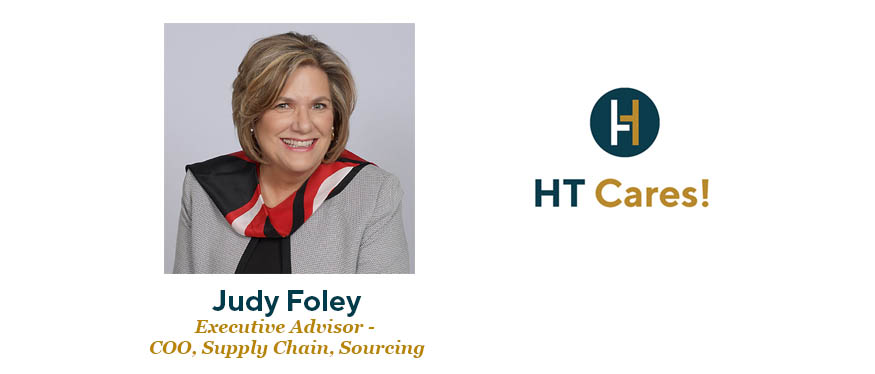In my career, I have had the opportunity to work for companies ranging in size from $50M to $50B. Working in these various settings has allowed me to understand the differences in various environments and the approaches taken to achieve success. In all cases, however, the core approach to solving problems is relatively consistent. I work with them to understand their organizational needs, that in turn helps create the framework for their organizational strategy. Moving from strategy to deployment further requires establishing persuasion and influence when it comes to change management, utilizing process re-engineering when beneficial, and working collectively with teams to achieve results.
I worked for a $37B company that was leading edge and one of the largest implementations of Ariba globally initially. The key needs to solve for included understanding spend for indirect procurement, inconsistent systems to capture spend, different processes being followed at different divisions, lack of measurements of success, and no vendor management globally.
Initially working with a finance executive, I began to analyze the accounts payable information to first categorize spend and then evaluate at a national level where standardization was not evident and vendor management was ad hoc or nonexistent. Our analysis indicated there was a significant cost savings opportunity if standardized methods of procurement were leveraged. The approach taken was to standardize on a software platform that would support all sites to streamline order processing and data collection. Once this path was selected, two technology experts and one accounts payable director were added to the team to assess and select the source to pay for software for indirect procurement.
The actions needed to achieve the desired results included establishing a global team to review the proposed reengineered processes defined to understand global similarities and differences to address gaps and reach agreement on the basis for software implementation. All five regional leads reviewed the software, determined a scorecard for selecting a software solution, and selected Ariba. We then prioritized key projects including spend categories with high dollar and high transaction volumes, established centralized sourcing managers for the largest commodities, defined standardized vendor contract terms, created common measurements of success, and simplified payment strategies enabling cost savings and global consistency.
To support this large-scale organizational change, we established a global, multi-division project plan for the corporation that enabled global consistency in process management, and over time we created a global team for full program implementation. Externally, we established and communicated vendor management criteria for our suppliers that set new expectations about preferred vendor selection, consistent pricing for the company, and how customer service and quality would be measured. A standardized account payable system to provide insight into global spend was created while also reducing vendors and the on-going workload required to support them. Overall savings to simplify and standardize processes and elimination of vendor redundancies reduced costs by $20M.
Also, as a commodity manager for multi-functional devices, this program saved the company approximately $60M over three years. We were able to directly measure success, standardize our implementation practices, and negotiate total spend for the corporation.




